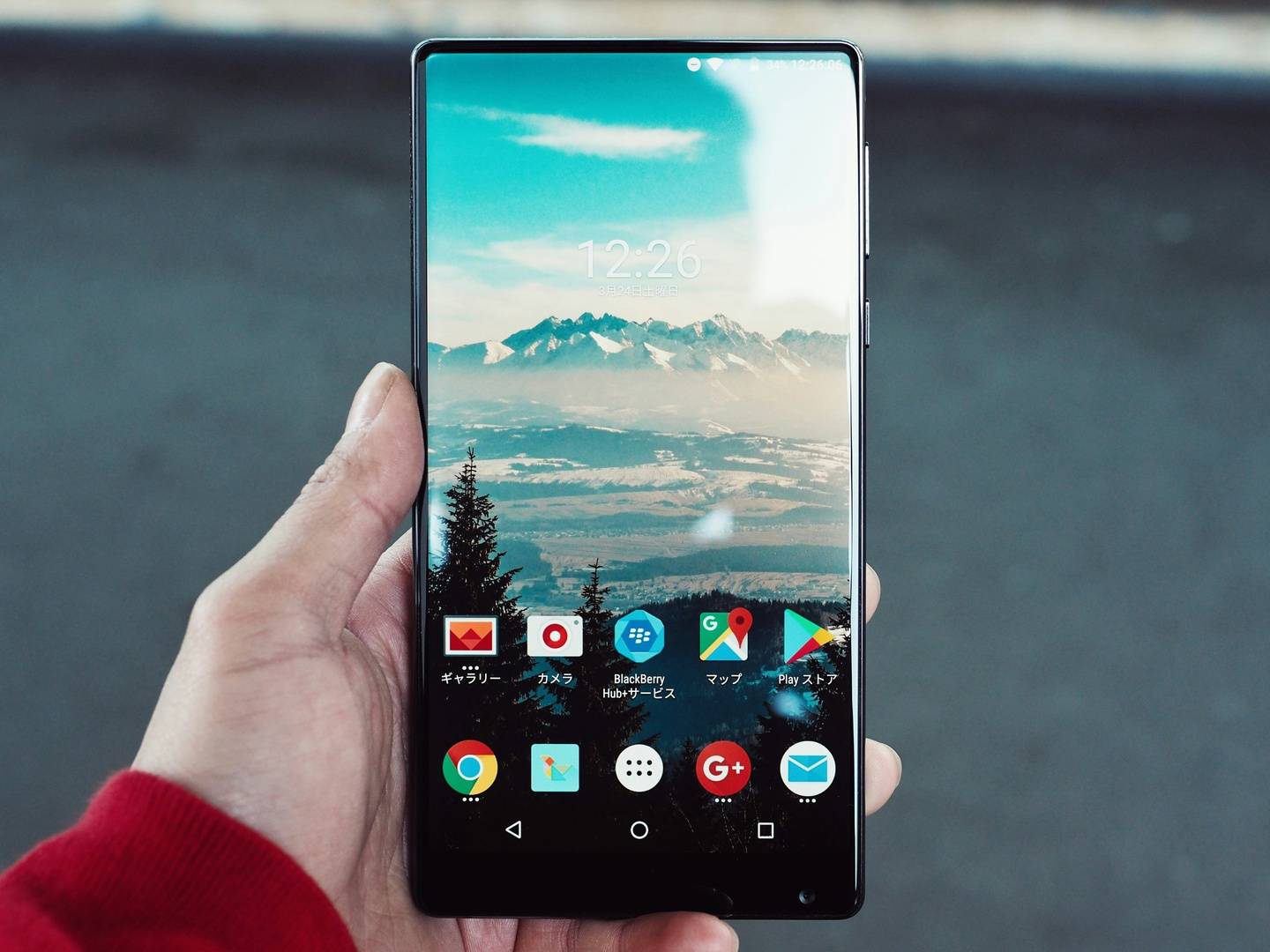In an industry defined by constant evolution and innovation, Nintendo has consistently pushed the boundaries of what is possible. Today, the company is making waves with its latest invention: Virtual Game Cards. This innovative technology promises to redefine how we share and experience Switch games, disrupting the market trends in the process.
This transformation began with a simple question: How can we make gaming more accessible without compromising on quality or user experience? The answer was an ambitious idea that combined the convenience of digital distribution with the tangible appeal of physical cartridges. The result is a solution that effectively bridges the physical-digital divide: Virtual Game Cards.
At its core, a Virtual Game Card is a digital version of a traditional game card. Each card contains all the necessary data for a particular game and can be shared across multiple devices. This means that gamers can now share their favourite titles without needing to swap physical cartridges or navigate complicated file transfer processes.
From a technical perspective, these virtual cards are remarkably sophisticated. They use advanced encryption algorithms to ensure only authorised devices can access content, while dynamic resource allocation allows games to run smoothly even on less powerful systems. On top of this, their compact size makes it easy to store and manage large game libraries.
‘It’s like having a whole game store in your pocket,’ says veteran game developer Ryuji Nakamura.
The implications of this development are far-reaching. Beyond simplifying game sharing, Virtual Game Cards could also have significant impact on piracy rates and secondary market dynamics.
As with any groundbreaking innovation, there are challenges to consider. One potential issue is how the transition to Virtual Game Cards could affect the collector’s market, a significant niche within the gaming community. By eliminating physical cartridges, Nintendo risks alienating a substantial part of its audience. Furthermore, there are serious questions over digital rights management and what happens if a company decides to revoke access to a particular game.
Yet despite these concerns, it’s hard not to be excited about Virtual Game Cards. This bold move by Nintendo represents exactly the kind of forward-thinking innovation that drives the industry forward. Only time will tell how successful it will be, but one thing is for sure: gaming will never be the same again.

